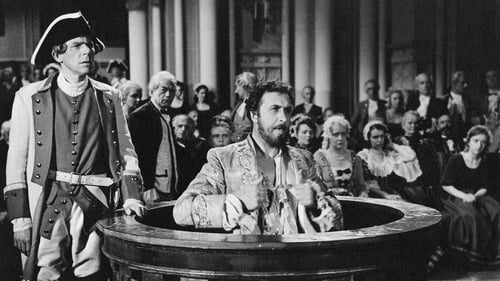
Frau des Konsistorialrats
Nazi historical drama about Duke Karl Alexander of Württemberg and his treasurer Süß Oppenheimer.
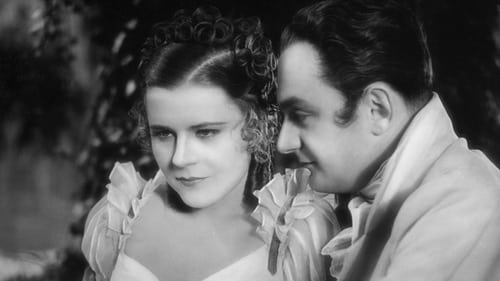
Josephine
The political advisor to the French emperor Napoleon, and the Austrian emperor Franz I, arrange a marriage between Napoleon and the Austrian archduchess Marie-Luise in order to prevent another war.

Herzogin von Orléans

Herself

Morgot Steinherr

Käthe Baumgarten - Frauenärztin

Inhaberin des Modesalons 'Marguerite'
One of the popular Weimar-era musical comedies not released in the US until after the Nazi takeover, this one has a Cinderella-type plot.

Mutter

a silent movie by Heinz Paul

Martin Hollmann, a young gardener meets his significantly older wife Hedwig's daughter from her first marriage, Liesbeth Kröger, on the deathbed. She is his generation and they both get along well straight away. Martin brings Liesbeth into his house as a housekeeper, and they both fall in love. The couple lives together and soon decides to get married when Liesbeth becomes pregnant by Martin. But now the tragedy begins, because when registering at the registry office, Martin and Liesbeth, in the form of a strict bailiff, are officially declared that they have committed incest in accordance with Section 173 of the Criminal Code.

Gräfin Mensdorf

Originally named "The Clairvoyant" presenting the many talents of parapsychologist Elsbeth Günther-Geffers. First banned, later extensively reworked.

Empress Elisabeth

Johanna von Bismarck

A non-access 35 mm print is held by Filmarchiv Austria.

Johanna von Bismarck

Gräfin Ravenstein

Historical drama about the life of Albrecht von Wallenstein.

Seine Frau
After a mountaineer is killed attempting to climb a difficult mountain, his son dreams of conquering the peak that has defeated his father. But his mother makes him promise never to attempt it. Events eventually force her to release him from the promise, and he ascends the mountain successfully.

Lady Nottingham
The Earl of Essex, a person favourite of the Queen, is in jeopardy of losing his relationship with the monarch after secretly marrying one of the Queen's ladies-in-waiting.

Prinzessin Elisabeth Christine von Braunschweig-Bevern

Directed by Arzén von Cserépy.
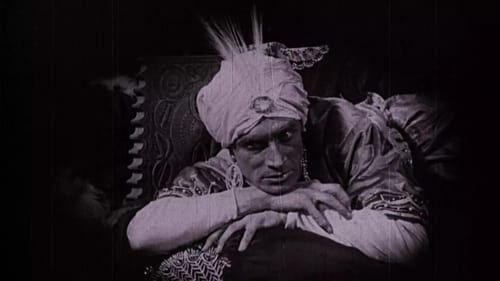
Princess Savitri
Rowland falls sick with leprosy while Mac Allan is captured by the Maharajah, who offers Irene a deal: one night with him in exchange for letting Rowland to be cured. She accepts, but tries to commit suicide.
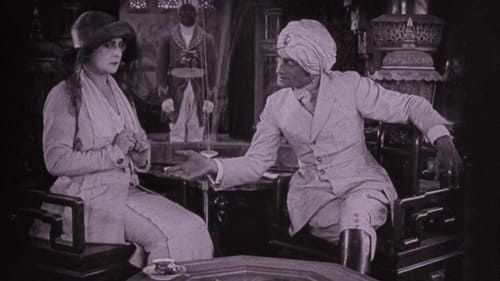
Princess Savitri
Ayan, Maharajah of Eschnapur, believes that his wife, Princess Savitri, has been unfaithful to him with officer Mac Allan. He decides to bury her alive, so he sends the Yogi Ramigani to England to look for Herbert Rowland, an architect; but when he orders him to build a tomb, Rowland refuses.

A pickpocket seduces and scams a wealthy married woman out of a large sum of money.

Leonore
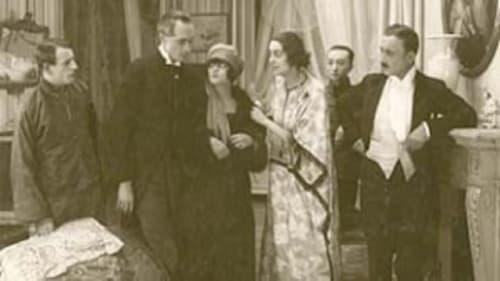
Theresa

Helene
Dr. Egil Börne, an eminent physician, comes under the spell of an unscrupulous cabaret dancer and deserts his fiancée. The plot finds echoes throughout the Weimar period, including Sternberg’s The Blue Angel. Conrad Veidt appears in a supporting role as a sinister blind painter, whose entrance eerily presages Murnau’s Nosferatu. Der Gang in die Nacht, the earliest surviving film by F. W. Murnau, is also, paradoxically, the only Murnau film for which the original camera negative exists.

Sangia
The Maharaja of Odhapur goes on a trip to Europe and meet the young dancer Ellen Esmond. In her London accommodation, the Savoy Hotel, the Indian prince can prove to be a gallant gentleman and protect Ellen from an intrusive theatrical agent. The Maharaja asks the artist to entertain his guests the following evening with her dancing skills, including England's representatives in India. The maharaja is thrilled with both the person Ellen and her dance performances. His brother Bhima, who was always in the shadow of the Maharajah, drinks excessively and also is also magically attracted to Ellen Esmond.

Yella Ward
An alien from the planet Algol gives a man a device that creates enough energy to power the entire world.

Frau von Alady
The Devil decides to go and visit Kurfürstendamm, where all his clients seem to come from. He settles at "Pension Elvira", where everybody cheats and deceives him. He comes to the conclusion, that Hell is a much better place.
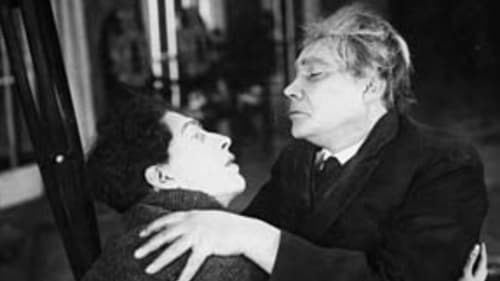
Elisabeth, Bezugs daughter
"Night people". Thomas Bezug, the richest man in the world, is a solitary, domineering and cruel cripple, who hardly can move on his crutches. He dwells a fanatical love for his son, whom he holds like a monkey in a cage. His servants are defaced dwarfs. His secretary is trying to steal Bezugs assets. These are the night people.

Dame
A cashier in a bank in a small German town is alerted to the power of money by the visit of a rich Italian lady. He embezzles 60, 000 Marks and leaves for the capital city, where he attempts to find satisfaction in politics, sport, love and religion.

Hija de Roloff
The film tries to capture the "nervous epidemic" caused by war and misery which "drives people mad". This unique portrait of the life in 1919 Germany, filmed on location in Munich, describes the cases of different people from all levels of society: Factory owner Roloff, who looses his mind in view of catastrophies and social disturbances; teacher John, who is the hero of the masses; and Marja who turns into a radical revolutionary.

Colomba

Screenplay

Thymian

Screenplay

Lulu
The circus dancer Lulu is a thoroughly liberal being. Although she loves her former savior, the clown Alfredo, she begins a relationship with the noble Henri von Reithofen. Henri kills himself ruined by the horrendous expenses for Lulu. She however is fishing for the next rich patron, the much older Baron Waldheim. His son knows Lulu and warns his father that she will also hurt him. Waldheim succumbs to Lulus's insinuations and punishes his son.

Eva
a silent movie by Robert Wiene

a silent movie by Robert Wiene
















